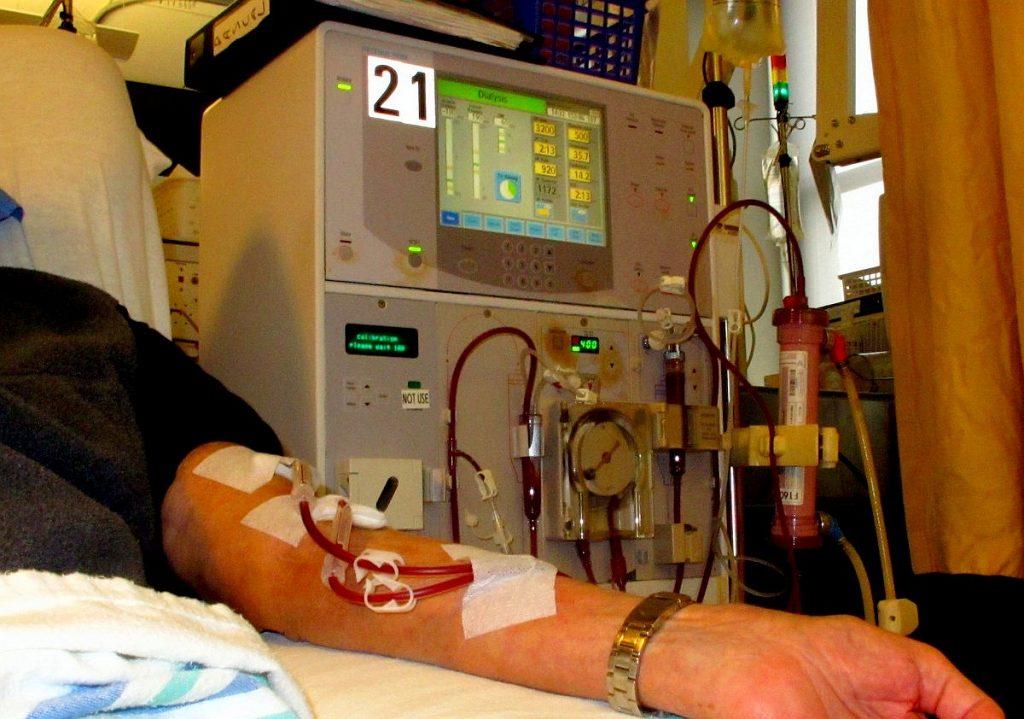by Godfrey Onime

At the hospital a couple of years ago, a nurse walked up to me to report that one of my patients was “hysterical.”
“She says to make sure Dr. X never returns to her room,” the nurse explained. I was the patient’s internist and Dr. X the surgeon who had operated on her. Apparently, the surgeon had not washed his hands — before and after touching the dressing on her wound.
I braced myself as I went to see the patient in hopes of placating her. I knew it can be difficult persuading another surgeon to take over the case of a patient they had not operated on, as they may think such patient was a troublemaker.
The patient was laying in bed and talking angrily on the phone. I had seen her the previous day, before her surgery, but not yet on that morning. In her early 70s, she looked younger and fit. I introduced myself again, more out of habit than her not remembering who I was. I asked what the matter was, and she recounted essentially what the nurse had said.
“I kept watching him and flinching as he examined me and then lifted the bloody dressing on my wound to take a look. I wanted so bad to say something, but I was afraid he might get mad and do something crazy to me, like purposely infecting my wound. Now that I think about it, I should have told him right to his face.”
Wanting to give the surgeon the benefit of the doubt, I reasoned, “Could he have used the disinfectant hand-rub solution outside the room?” Read more »

